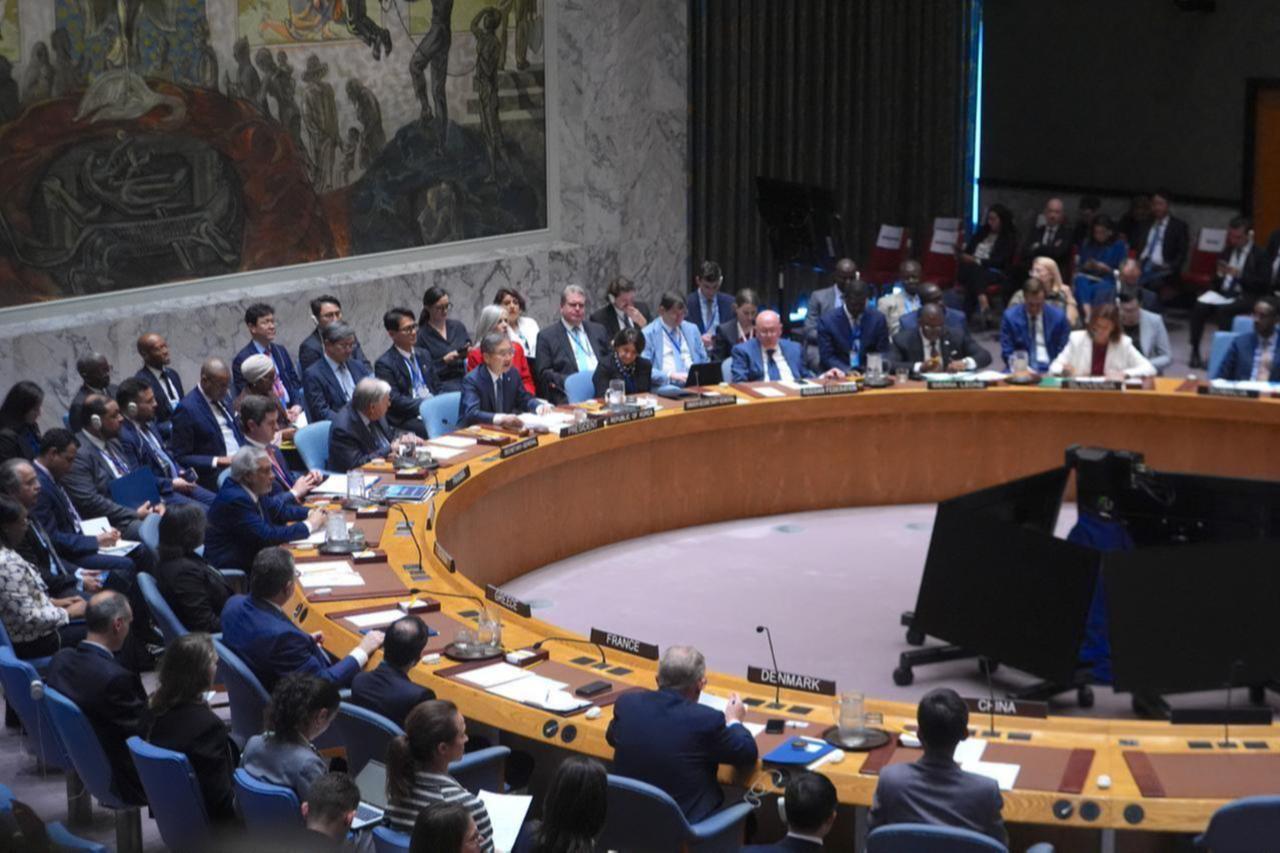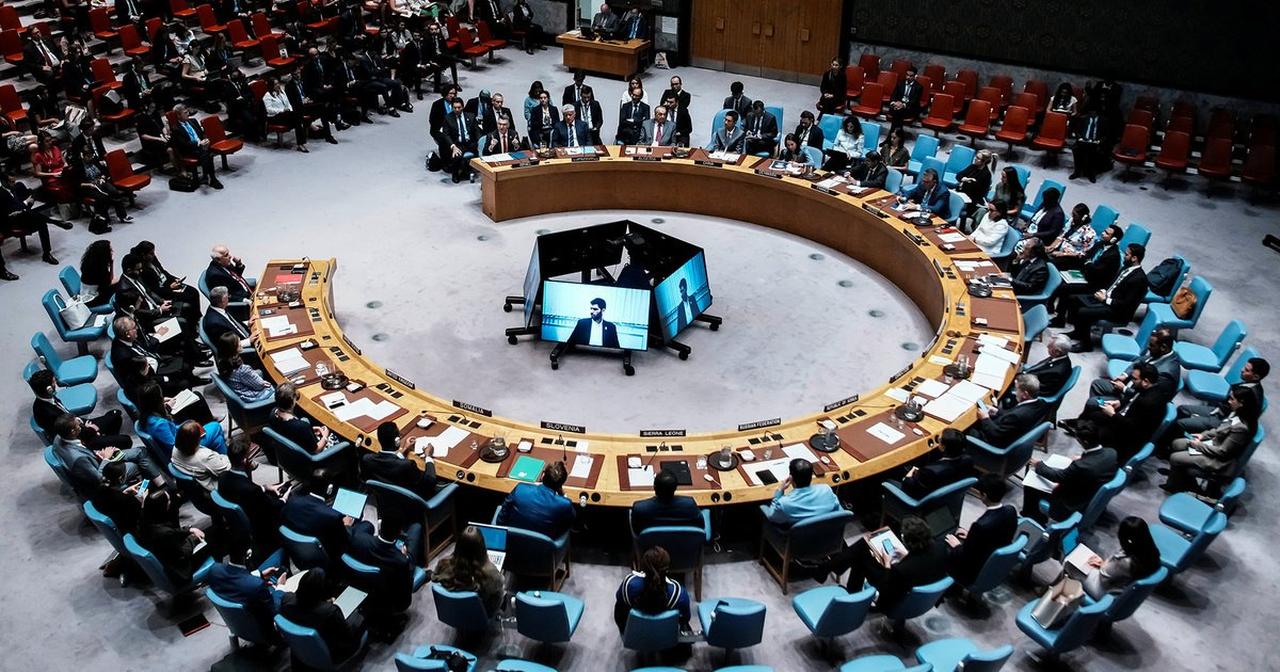
The United States presented on Wednesday a draft U.N. Security Council resolution to partner nations aimed at bolstering President Donald Trump’s Gaza peace plan, including the authorization of an international security force, Washington’s mission said.
U.S. Ambassador Mike Waltz shared the draft with the 10 elected members of the Security Council and several regional partners—Egypt, Qatar, the United Arab Emirates, Saudi Arabia and Türkiye.
The U.S. Mission to the United Nations said Waltz convened a high-level meeting with those countries to discuss the forthcoming resolution.
Their participation, the mission added, reflected “regional support for the resolution” and underscored a shared interest in advancing stability and peace in Gaza.

According to the U.S. statement, the draft resolution “welcomes the Board of Peace,” a transitional governing body for Gaza envisioned in Trump’s 20-point plan, which he would chair. It also “authorizes the International Stabilization Force” (ISF) outlined in the plan.
Diplomatic sources said several countries had expressed willingness to participate in the ISF but insisted on a Security Council mandate before deploying troops into the Palestinian territory.
The resolution forms part of a broader agreement linked to the fragile Oct. 10 ceasefire between Israel and Hamas, following two years of devastating violence triggered by the Oct. 7 attacks.
Under the plan, troops would be drawn mainly from Arab and Muslim countries and deployed to Gaza to oversee security as the Israeli army withdraws.
“Under President Trump’s bold leadership, the United States will again deliver results at the U.N.—not endless talk,” the U.S. spokesperson said.
He added that, “the parties have seized this historic opportunity to finally end decades of bloodshed and make the President’s vision of lasting peace in the Middle East a reality.”
The peace plan also envisions continued humanitarian aid delivery, the release of all hostages, disarmament of Hamas, and reconstruction of Gaza.
No date has been set for a vote on the draft. Adoption would require at least nine votes in favor and no vetoes from any of the five permanent members—the United States, Britain, France, Russia or China.